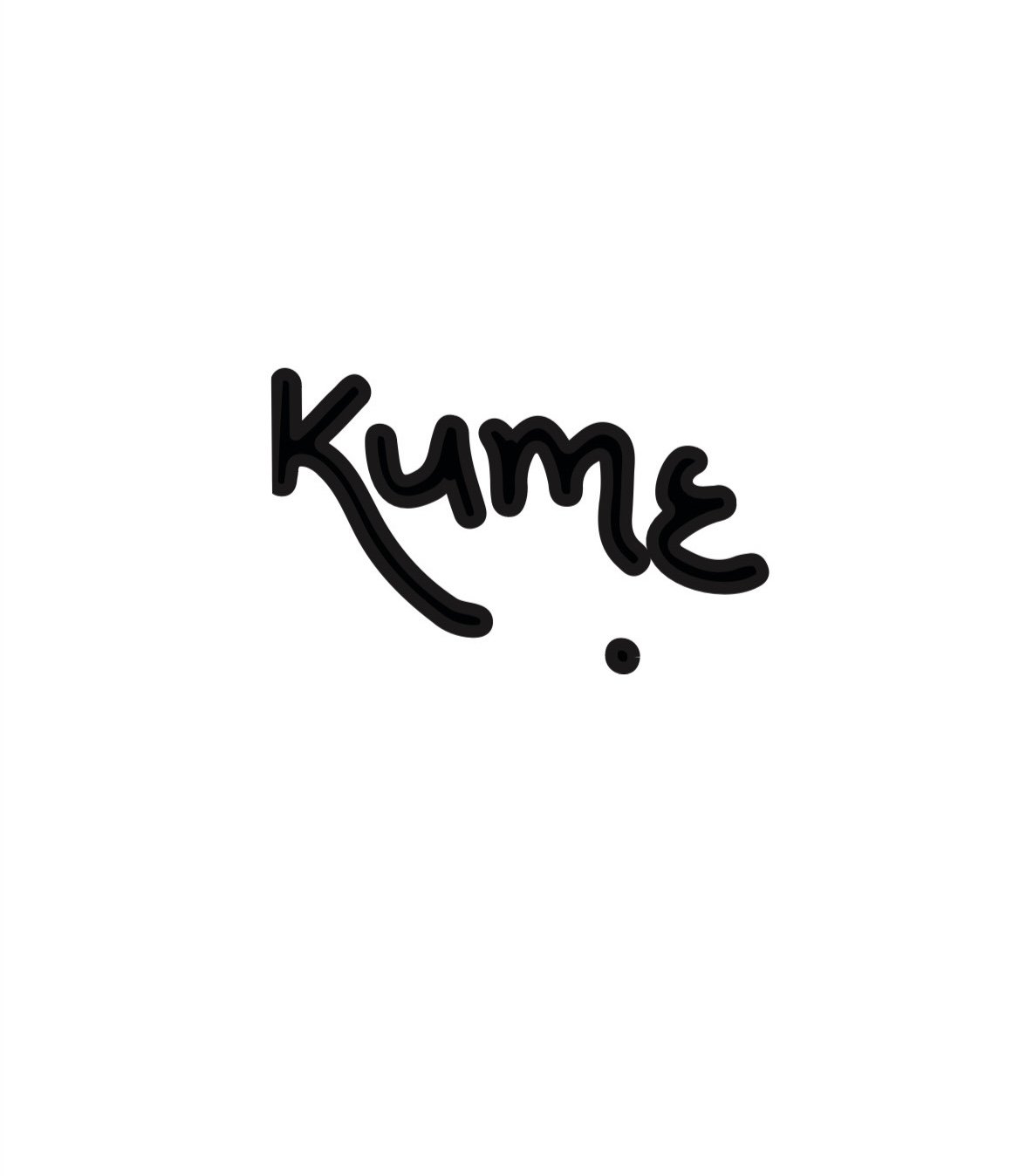No Parts Left Behind
3 min
I began writing this while in Marbella, Spain.
At first, I was reflecting on the quiet confidence I felt there—the kind that makes you unafraid to take up space. Since coming home, those thoughts have had time to simmer. And as we know, slow-cooked reflections just hit better.
What’s emerged for me is this:
To be fully alive and human is to move through space and time and still be yourself.
That sounds simple, but it’s not always easy.
Marbella was unfamiliar, and yet—oddly easy to be in. I don’t speak Spanish, but I got around just fine. I felt at ease. Rooted. Present. And what struck me most wasn’t the ease itself, but how unshaken I felt in my identity within it. I wasn’t trying to impress. I wasn’t performing. I was just being.
I know who I am. I know what I bring—authenticity, curiosity, kindness. And when I lead with that, I’ve noticed: the world often responds in kind.
But let me be clear—that’s not always the case.
Traveling as a Black woman—especially a dark-skinned one—adds a complicated layer. There are places where Black women are stereotyped, exoticized, or viewed through a dehumanizing lens. Sometimes people ask to take a photo with you—not out of appreciation, but curiosity. There’s a certain vigilance you learn to carry.
And still, I was met with warmth. Not because I adapted or softened myself to fit in—but because I stayed rooted in who I am. That, I’ve come to realize, is a quiet kind of power—and a deeper kind of freedom.
Of course, showing up whole doesn’t guarantee ease. Sometimes the world resists what’s unfamiliar. Sometimes it misreads or rejects it. But wholeness is its own reward—it frees you, even when others don’t understand you.
Since returning, I’ve been thinking more deeply about what it means to be yourself in spaces that weren’t designed with you in mind.
I often find myself in beautiful, curated environments—spaces that signal luxury, wellness, or ease. I have access to them. Sometimes through work. Sometimes through resources. But access doesn’t always mean alignment.
You can enter a space without ascribing to its values.
You can sit at the table and still decide not to eat what’s being served.
That’s where discernment comes in.
The ability to participate without performing. To engage without erasing yourself. To look around and say: Just because I’m here doesn’t mean I have to contort myself to stay.
These spaces often reward polish, palatability, and performance. But I’ve learned I don’t have to trade in my authenticity to belong. I don’t have to shrink. I don’t have to pretend.
Being yourself—fully yourself—isn’t about demanding attention. It’s about presence. It’s about knowing your worth so deeply that you stop asking for permission to exist.
And maybe that’s what being alive really means:
To move through space and time—across countries, cultures, conversations—and remain intact.
To not leave parts of yourself at the door just to be accepted.
To choose self-possession over performance.
I recognize that access itself is a privilege—and so is the kind of safety that allows for this kind of presence. Not everyone can move through the world this way. But even in less curated spaces, I believe knowing who you are can serve as a compass. A quiet source of strength.
And there’s something communal about this, too.
Every time one of us chooses to show up whole, it clears a little more space for someone else to do the same.
So here’s what I’ll leave you with:
May you continue to take up space—not by force, but by presence.
May you carry your wholeness with you, wherever you go.
And may you always remember: being human isn’t about fitting in—it’s about staying true.
Sign up for our curated weekly Kume House Musings newsletter with stories and inspiration on life, love, well-being, and much more delivered right to your inbox.

